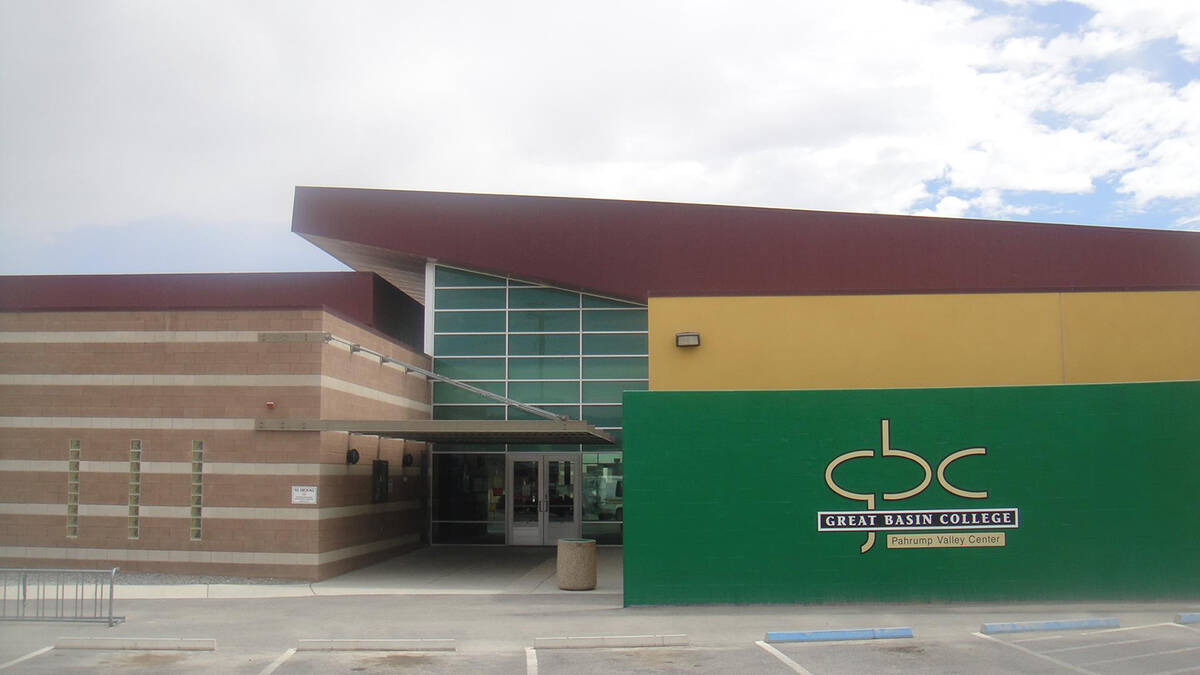Covid-19 vaccinations on rise for higher education employees
The rate of employees getting vaccinated for COVID-19 within the Nevada System Higher Education has been on the rise in recent weeks.
For NSHE’s 23,883 employees, over 18,000, or 75%, have been vaccinated against COVID-19, the system announced on Wednesday.
“I am extremely proud of everyone who has chosen to get vaccinated,” said Chancellor Melody Rose. “This effort will go a long way in making our campuses safe for our students and colleagues.”
The percentage of vaccinated employees increased 35% since percentage rates were first reported the previous week, the system said in its release.
Great Basin College had a rate of 66.1% for its 398 employees across Nevada—equating to 263 vaccinated employees and 135 who are not, according to system’s Wednesday report.
Jennifer Sprout, Great Basin College executive director, institutional advancement and communications, said in an email that the rate encompassed all of GBC’s campuses, including Pahrump, “for those employees considered to be fully vaccinated.”
“The vaccination rates are constantly changing based upon new hires, employees who are being considered fully vaccinated, etc.,” Sprout said. “Fully vaccinated is considered to be two weeks after the second dose of Pfizer or Moderna or single-dose Johnson &Johnson.”
As of Sept. 15, the GBC’s Pahrump campus had a vaccination rate of 69.2% among its employees, according to Sprout.
Six of NSHE’s eight campuses reported over 70% vaccination rates. Including GBC, Western Nevada College also had vaccination rates lower than that (65.2%) as of Wednesday among its employees.
NSHE saw its rates of vaccinations among employees rise from 56.1% the previous week to the now 75.6% among its “academic and administrative faculty, classified staff, graduate assistants, student workers and others,” a release from the system stated.
NSHE gave several reasons for the recent increase: an uptick in the number of employees being vaccinated; updating the state’s WEBIZ by NSHE and institutions; “clarifying a discrepancy in the total employee count, which originally added 81 volunteers, contingent workers, and independent contractors, who are not directly paid by NSHE”; and the state Board of Health’s decision to require all NSHE students to get vaccinated prior to the spring semester.
“We have seen tremendous gains by all of our institutions, and I want to thank NSHE’s presidents and their teams for all their hard work in supporting vaccination efforts and updating the state database,” Chancellor Rose said.
Rose is confident about continued growth in NSHE’s vaccination rates.
“I remain confident that NSHE employees recognize the importance of the vaccination and I believe we will see continued growth in our vaccination rates in the coming weeks,” Rose said. “The science and data have consistently shown that receiving the COVID-19 vaccines continues to be the surest, safest, and most effective way to end the pandemic, and to keep Nevada learning.”
Last week, Chancellor Rose was authorized by the Board of Regents to develop a COVID-19 vaccine policy for all NSHE employees. The Board of Regents is scheduled to have a special meeting on Sept. 30 to discuss and possibly act on the proposed policy.
“I continue to encourage every NSHE employee and student to get the vaccine as quickly as possible, not only for the health and well-being of yourself and your family, but also for your colleagues and students,” Chancellor Rose said.
The COVID-19 vaccinations rates for NSHE employees will be updated weekly on NSHE’s website at nshe.nevada.edu
Contact Editor Jeffrey Meehan at jmeehan@pvtimes.com

















